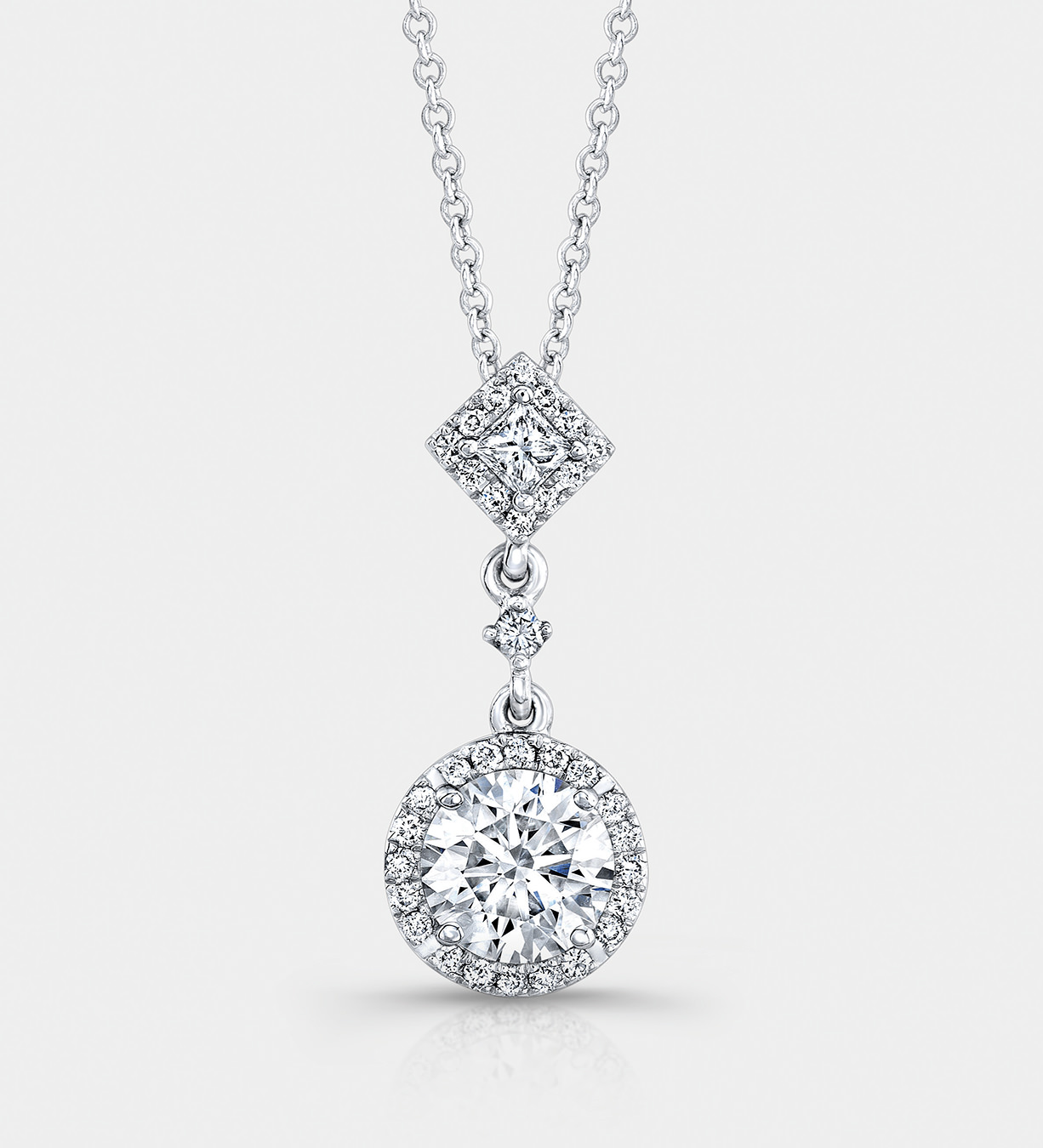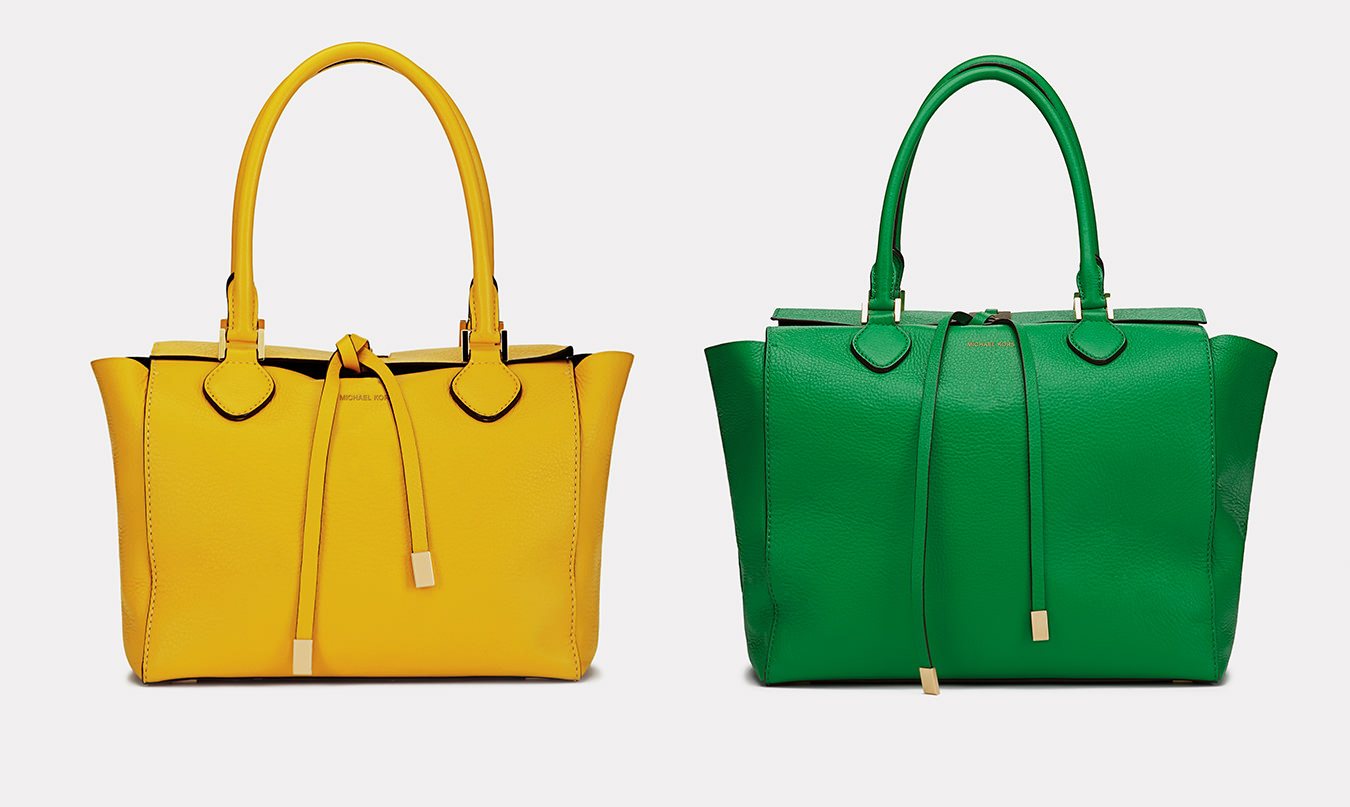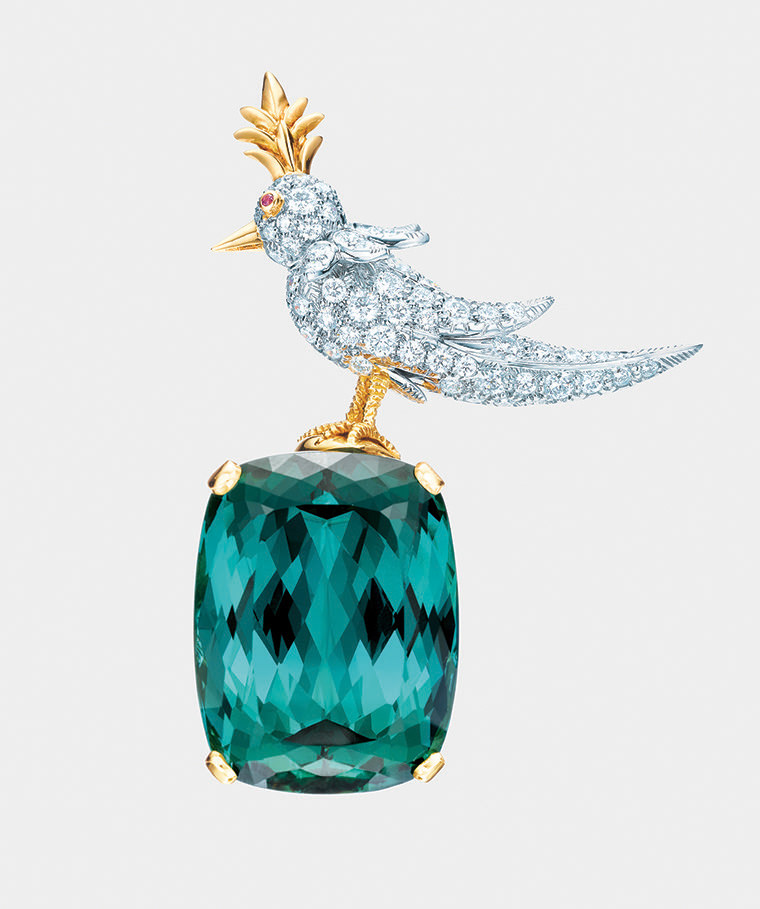The Luxury Industry’s Response to COVID-19
United in the fight.
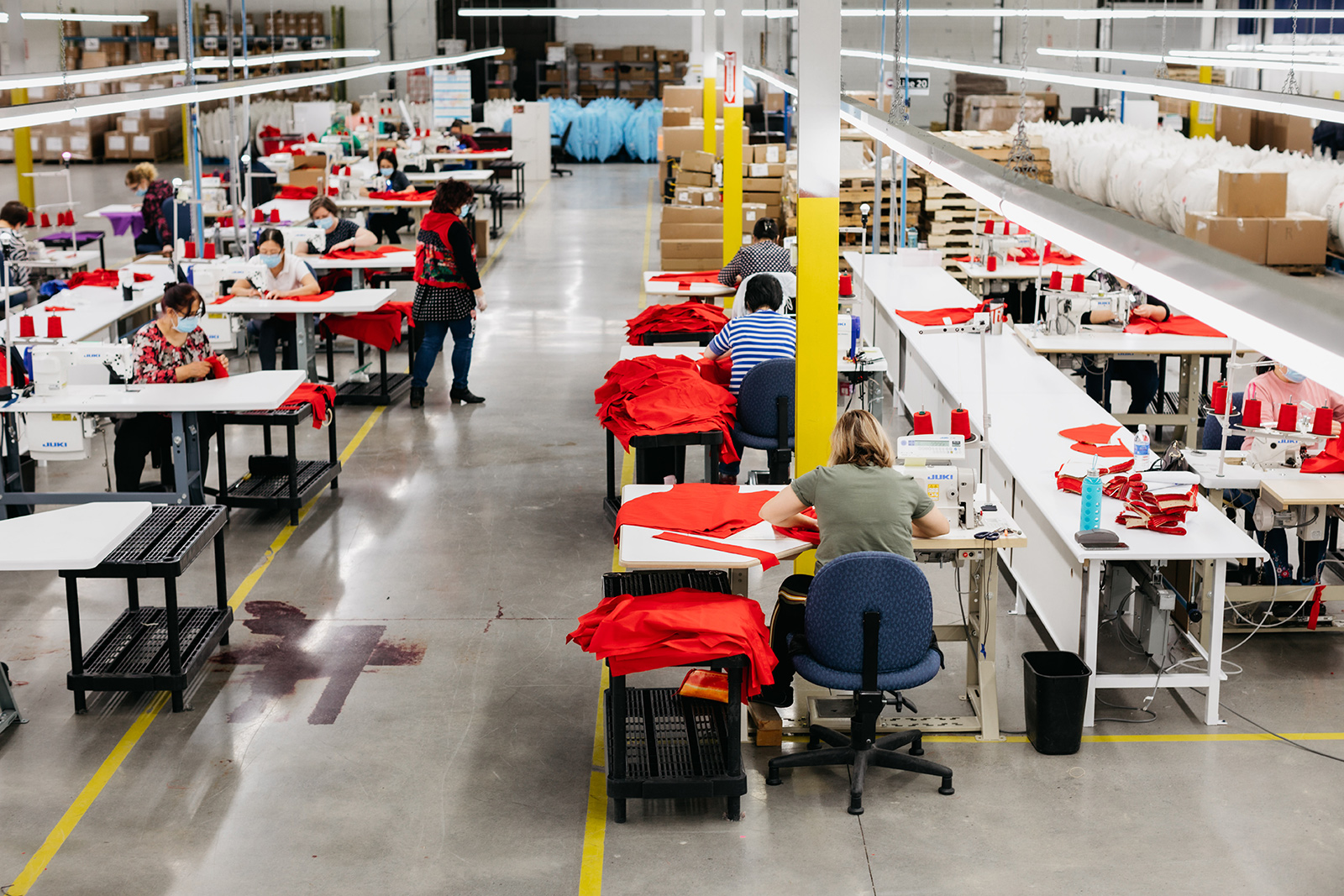
When Giorgio Armani cancelled his fashion show late in the night during Milan Fashion Week this past February, many in the industry believed the decision over-the-top. At the time of the first signs of the COVID-19 outbreak in Italy, no one was taking the warnings seriously. The remainder of the Milan Fashion Week shows continued as scheduled, and Armani donated €1.25 million to Italian hospitals. In Italy, the fashion icon was one of the first to take measures to halt the spread of the epidemic and also one of the first to donate monetary funds.
As the world still grapples with the spread of the coronavirus, luxury brands continue to announce the myriad ways they hope to help. Armani’s Italian factories switched to manufacturing single-use hospital medical scrubs that have been donated to health-care professionals across the country, and many other firms have followed suit. A barometer of national pride can be found in the willingness to convert production to fulfill the needs of society. And that’s exactly what has happened.
Less than 72 hours after the French government put a call out to businesses to help in the effort against COVID-19, luxury conglomerate LVMH had reassigned its factories usually charged with churning out fragrances for Christian Dior, Givenchy, and Guerlain to produce hand sanitizer. In addition to the unspecified financial donation Bulgari made to the Spallanzani Hospital in Rome, the Roman jeweller (and part of the LVMH Group) intensified its contribution to aid for the COVID-19 crisis through the production of hand-sanitizing gel for distribution at medical facilities in Italy. Bulgari’s CEO Jean-Christophe Babin had the following to say on the initiative: “I believe as a major economic actor and symbol of Italy, Bulgari has a responsibility to contribute to the national effort to help prevent, fight, and eradicate COVID-19.”
The luxury industry is often criticized for being frivolous, but its efficient and philanthropic response to the coronavirus pandemic has provided vital aid on the front line. From Armani to Zegna, the fashion world is united in the battle against coronavirus, prioritizing the manufacturing of respirators, masks, scrubs, gowns, and gloves.
The luxury industry is often criticized for being frivolous, but its efficient and philanthropic response to the coronavirus pandemic has provided vital aid on the front line.
Tiffany & Co. announced its support to pandemic relief by donating $1 million (U.S.) to COVID-19 causes, allocating $750,000 to the Solidarity Response Fund for the World Health Organization and $250,000 to the New York Community Trust’s NYC COVID-19 Response & Impact Fund. Another New York native, the Michael Kors label, has donated $2 million (U.S.) to local relief efforts.
Rolex is doing its part by supporting the Red Cross in helping the most vulnerable populations around the world, while Graff has pledged $1 million (U.S.) to the Solidarity Response Fund for vaccine research and testing. De Beers, which also owns Forevermark, has donated $5 million (U.S.) to the communities in Botswana and Namibia, where the company operates its mining operations, as they work to contain the spread of the virus.
Here in Canada, Canada Goose responded to the urgent needs of health-care professionals across the country and leveraged its manufacturing facilities in Toronto, Winnipeg, Montreal, and Boisbriand to produce scrubs and patient gowns. “There are people risking their lives every day on the front lines of COVID-19 in health-care facilities, and they need help,” said Dani Reiss, Canada Goose president and CEO, in the announcement of the initiative. “Now is the time to put our manufacturing resources and capabilities to work for the greater good.”
There is an ever-growing list of companies, from micro brands to maxi groups, pledging their support with daily announcements of their noble initiatives. Shortly after Italy went into lockdown, Brunello Cucinelli wrote an open letter. “In today’s suffering there is also the good of the moral reaction that will make us better,” he penned. “And perhaps tomorrow, when the memory slips away along with the suffering, we will come to the same conclusion as Aristotle, who once said that even calamities have a soul and can teach us a wise life.” The fashion mogul built an empire in the Umbrian hamlet of Solomeo, and in doing so rebuilt the crumbling medieval town. Cucinelli, the benevolent entrepreneur, has always put people before his knitwear business. During this pandemic, Cucinelli has guaranteed the salaries of all of his 2,000 employees as “l’azianda sono loro [the employees are the company].”
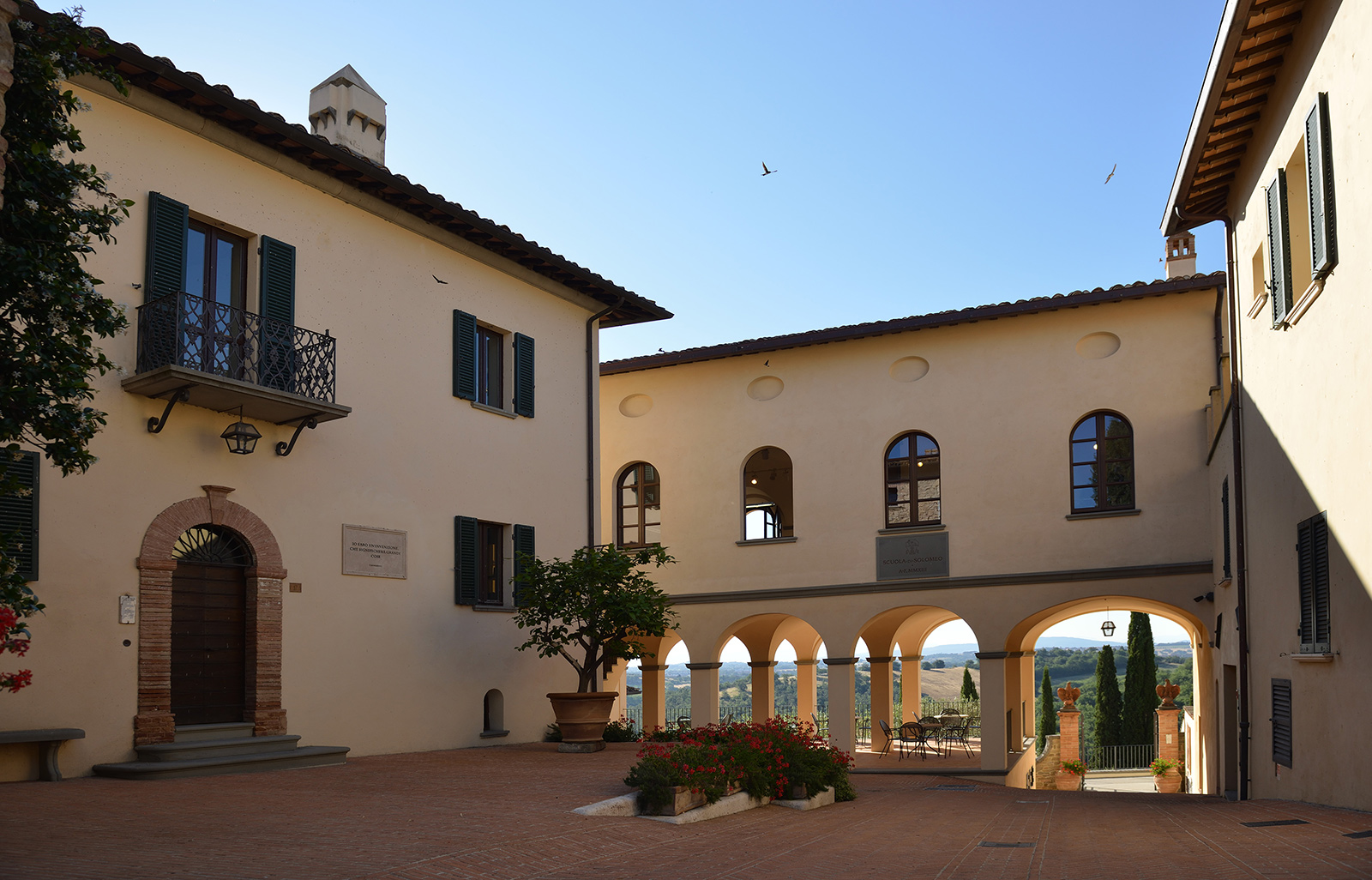
Brunello Cucinelli, who built an empire in the Umbrian hamlet of Solomeo, has guaranteed the salaries of all his employees.
________
Never miss a story. Sign up for NUVO’s weekly newsletter here.


